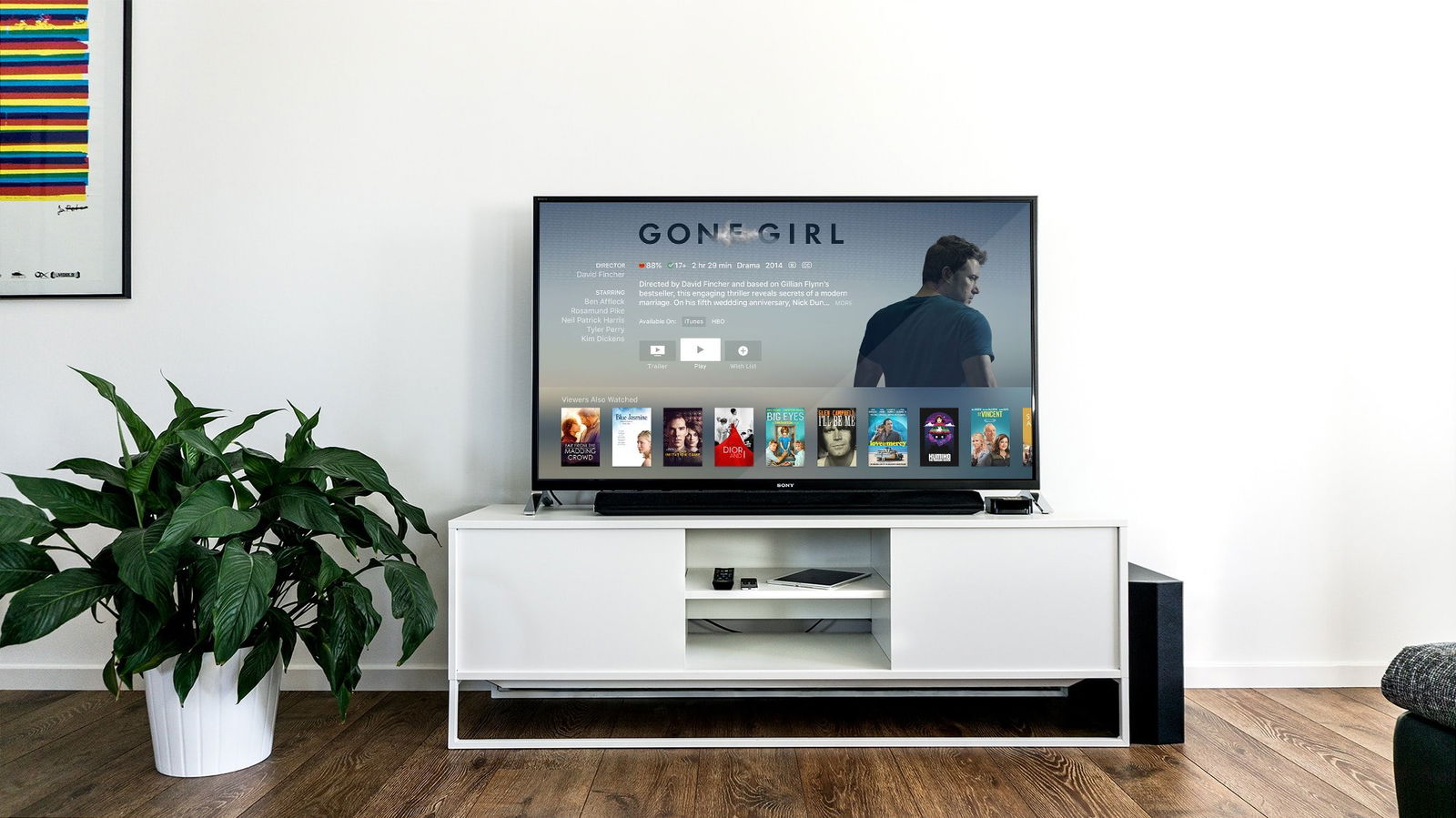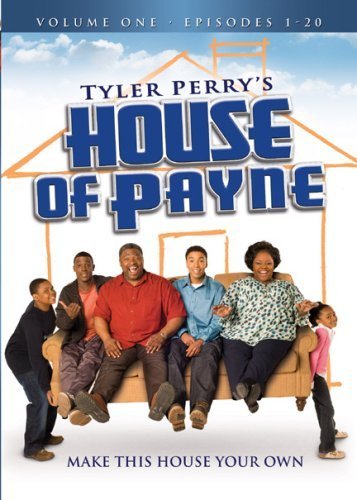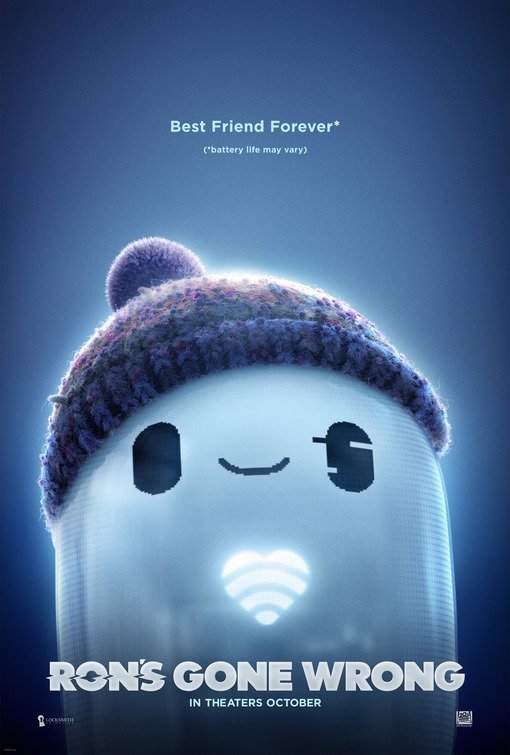
New Study Shows How Screen Time Affects Your Child
By Allyson Vannatta, Staff Writer
Cincinnati Children’s Hospital Medical Center released a brand new study that found brain differences in children who get more than the recommended screen time.
The study showed that screen time changes brain processing speed.
The study used 47 healthy children between the ages of 3 and 5 from the greater Cincinnati area. The children received magnetic resonance imaging of their brain and cognitive testing.
Dr. John Hutton, author and director of the Reading and Literacy Discovery Center at Cincinnati Children’s Hospital said that while we don’t know the “long-term neurodevelopmental risks, these findings warrant further study to understand what they mean and how to set appropriate limits on technology use.”
In 2016, the American Academy of Pediatrics (AAP) published recommendations for parents to use concerning screen time and their children. These recommendations were used to assess screen time in the recent study.
The recommendations are:
-
For children younger than 18 months, avoid use of screen media other than video-chatting. Parents of children 18 to 24 months of age who want to introduce digital media should choose high-quality programming, and watch it with their children to help them understand what they’re seeing.
-
For children ages 2 to 5 years, limit screen use to 1 hour per day of high-quality programs. Parents should co-view media with children to help them understand what they are seeing and apply it to the world around them.
-
For children ages 6 and older, place consistent limits on the time spent using media, and the types of media, and make sure media does not take the place of adequate sleep, physical activity and other behaviors essential to health.
-
Designate media-free times together, such as dinner or driving, as well as media-free locations at home, such as bedrooms.
-
Have ongoing communication about online citizenship and safety, including treating others with respect online and offline.
Hutton and his team are already working on follow-up studies. One of them includes making positive correlations between reading at home and brain development for preschool age children.
With all of this information, it’s now more important than ever to ensure the content our children consume is edifying and encouraging.
A large part of Movieguide’s® mission is to analyze movies and give parents the resources they need to be media wise when choosing what movies to see. For further recommendations about what entertainment is safe for your family, read “The Culture-Wise Family” by Dr. Ted Baehr and Pat Boone.
Questions or comments? Please write to us here.



 - Content:
- Content: 

